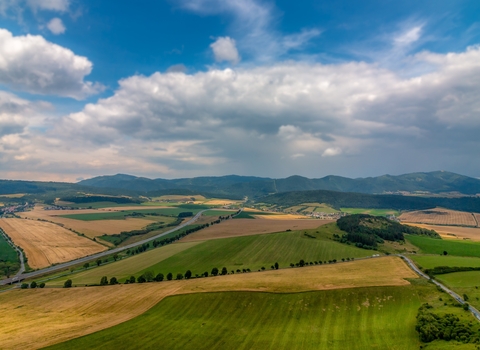Farming in Kent
Kent, The Garden of England, has some of the most fertile soils and best-growing weather conditions in the country. Even though it is thought of as a densely populated area, 71% of our landscape is actively farmed. From apples and grapes to fields of wheat, small family farms to large commercial operations, Kent has it all. Many Kent farms also contain a host of other habitats, including copses, ancient woodlands, hedgerows, streams, rivers, old orchards and meadows.
However, despite this diversity of habitats, many are disappearing or in poor condition and therefore no longer able to support our much loved species, such as the turtle dove. Farmers working together to protect and restore on farm habitats and increase the amount of land using nature friendly farming will play a vital part in recovering nature in Kent.
Why are we working with farmers?
Only by working together with farmers can we restore nature in Kent at a landscape scale. We recognise that farming and food production is an important part of Kent’s identity and vital for our own health and wellbeing, however a post war drive to produce the highest yields possible, encouraging the removal of hedges to enable an intensification of farming, has taken it’s toll on rural wildlife. Now with many other threats, from climate change to industrial development, farmers are looking to re-adress the balance. We are here to support them in this, working together to create a more sustainable farming future, that is better for rural communities and our wildlife. For more information, check out the State of Nature in Kent report.
If you own a smaller landholding in Kent, read our quick guide which provides best-practice land management advice tailored to Kent’s landscapes, so that you can evaluate and make decisions on how to manage your land sensitively for wildlife.
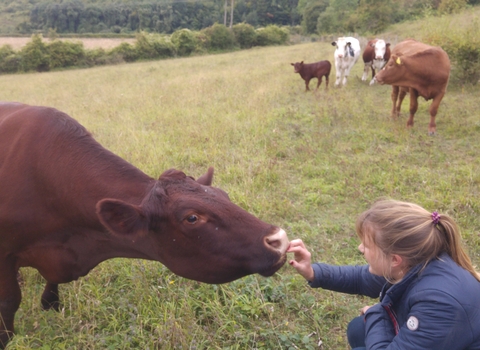
Farmer clusters
We believe that together we can achieve more than working in isolation - the sum of the group is greater than its parts! Farmer clusters help farmers and land managers to work together with ecologists and members of their local community to deliver more for wildlife and the environment than one individual could achieve alone. This is about delivering actions that support long-term farming and wildlife restoration at the landscape scale.
Farmer hub
For more information directly for farmers, including how to set up your own farmer cluster, how to join an existing cluster, related farming and wildlife projects and more, visit our Farmer hub.
How you can help
Buy local and seasonal produce – we support field to fork, reducing supply chains and paying farmers a fair price for their food.
Volunteer - Support the work of your local farmer cluster through a citizen science programme or with practical volunteering activities on one of our reserves.
View current volunteering opportunities
Email your MP - Ask them to support Nature Friendly Farming policies
Learn - Find out more about sustainable farming and why it matters
Take action at home - Start at home with a windowsill box, balcony or garden.
Find tips from Wild About Gardens
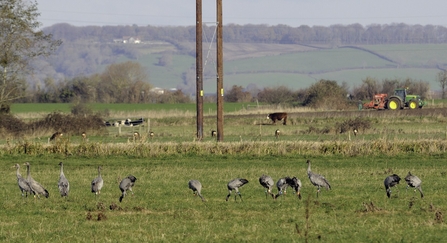
Nick Upton/2020VISION
News
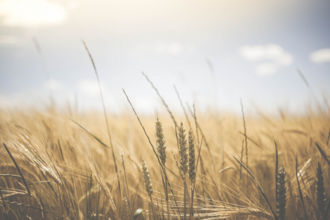
Kent Wildlife Trust wins bid to support regenerative farming in Kent, partnering with farmers on innovative crop trials
Kent Wildlife Trust will be delivering one of Six new projects funded by the Co-Op Carbon Innovation Fund. The project worth £100k we be…
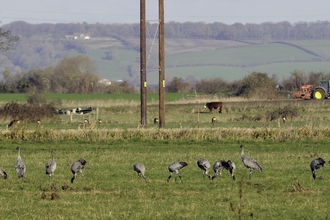
Scale of nature and climate crises undermined by low ambition farm payments
Today the Government has announced new payments for farmers which raise serious questions as to whether we’ll see any better…
Blogs
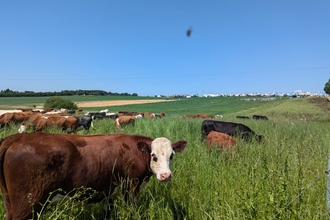
A groundswell of support for regenerative agriculture
Groundswell Agriculture Festival is the UK’s largest event dedicated to farming that regenerates the soil and restores nature. It’s a…

Sowing change through regenerative farming
Last year, an innovative partnership emerged between Kent Wildlife Trust, Bockhanger Farms Ltd and Reading University, fuelled by the Co…
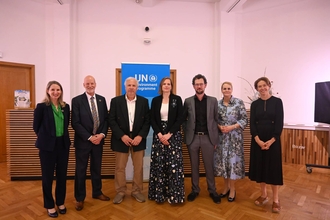
A Darent Valley farmer's World Environment Day experience in Brussels
John Dinnis of Filston Farm (part of the Darent Valley Farmer Cluster) wrote this blog about his experience at World Environment Day in…

